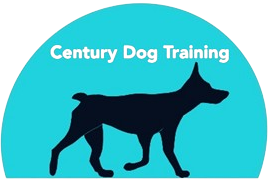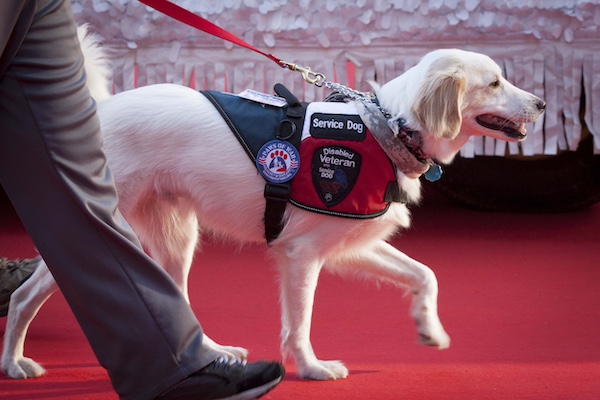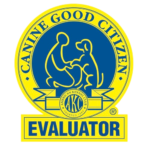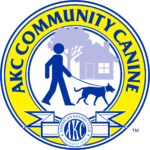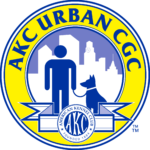Training Your Dog for Service Work in Utah
Service dogs play a critical role in enhancing the lives of individuals with disabilities. As the demand for service dogs continues to grow, so does the need for proper training. Effective service dog training in Utah requires dedication, consistency, and a deep understanding of the dog’s role.
In this post, we’ll explore the essential aspects of training your dog for service work, ensuring they are well-prepared to meet the unique challenges and rewards that come with this important job.
Understanding Service Dog Roles
Service dogs are specially trained to perform tasks that assist individuals with disabilities, providing them with greater independence. These roles can include:
- Guide Dogs: Assisting individuals who are visually impaired by navigating obstacles and ensuring safe travel.
- Mobility Assistance Dogs: Helping individuals with physical disabilities by retrieving items, opening doors, or providing balance and stability.
- Medical Alert Dogs: Detecting and alerting to specific medical conditions, such as seizures or low blood sugar.
Service dog training in Utah must comply with the legal protections outlined by the Americans with Disabilities Act (ADA), which ensures service dogs have access to public places, transportation, and housing. It’s also important to distinguish between service dogs, therapy dogs, and emotional support animals. Service dogs are trained to perform specific tasks that mitigate a disability and are the only of the three with public access rights.
Choosing the Right Dog for Service Work
Selecting the right dog is a crucial first step in the training process. Not every dog is suited for service work, and the success of training depends largely on the dog’s traits, such as:
- Temperament: A calm, stable temperament is essential for a service dog to remain focused in various environments.
- Trainability: High levels of intelligence and a strong desire to work with their handler are key traits for successful service dogs.
- Health: A service dog must be in excellent physical condition to perform their tasks effectively.
When choosing a dog for service work, consider the breed, age, and existing temperament. While many breeds can excel as service dogs, early evaluation and socialization are critical to ensuring the dog is well-suited for the demands of service work.
Essential Training Commands and Skills
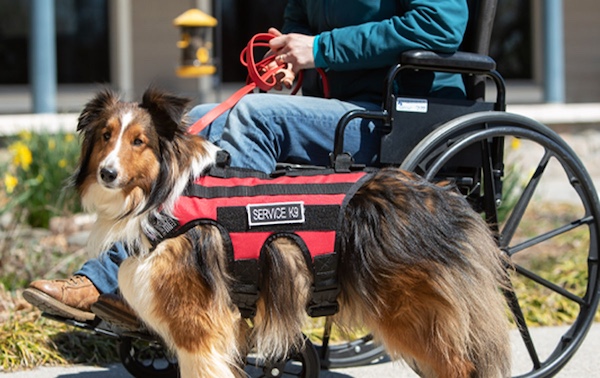
Basic obedience training is the foundation of all service dog training in Utah. Before advancing to specialized tasks, a service dog must be proficient in essential commands such as:
- Sit, Down, Stay, and Come: Crucial for maintaining control and safety in various situations.
- Heel: Walking calmly beside the handler is an essential skill when out and about with a service dog.
- Leave It: Ignoring distractions and focusing on the task at hand.
Once basic obedience is mastered, specific commands and skills are introduced depending on the service dog’s role. For example:
- Retrieval: Picking up items like dropped keys or medication.
- Alerting: Notifying the handler of specific triggers, such as the onset of a medical condition.
- Guiding: Navigating obstacles and ensuring safe movement for visually impaired individuals.
Consistency and repetition are key components of successful service dog training. A service dog must perform their tasks reliably, regardless of the environment or distractions.
Advanced Training Techniques for Service Dogs
As your dog progresses through service dog training, advanced training techniques are introduced to teach complex tasks. These tasks are highly specific to the needs of the handler and require precision and patience. Examples include:
- Task-Specific Training: Depending on the dog’s role, this could involve opening doors, turning on lights, or retrieving specific items.
- Medical Condition Alerts: For medical alert dogs, training involves teaching the dog to recognize specific signs, such as changes in the handler’s scent or behavior, and respond accordingly.
- Behavioral Conditioning: Advanced training also includes reinforcing the dog’s ability to remain calm and focused in a wide range of environments, from crowded public spaces to quiet home settings. This may include riding public transportation or an elevator, having the ability to ignore distractions such as food on the floor, and being able to walk on a variety of surfaces without fear. This is often called “public access training.”
Positive reinforcement is the cornerstone of service training. Reward-based training keeps the dog motivated and eager to perform the tasks required of them. Patience is also essential, as some skills may take time for the dog to fully understand and execute reliably.
Maintaining Training and Ongoing Development
Even after a service dog has been fully trained, ongoing practice and reinforcement are necessary to maintain their skills. Regular training sessions help ensure that the dog remains proficient in their tasks and can adapt to any new challenges that arise. This is especially important in service dog training in Utah, as the handler’s needs may change over time, requiring the dog to learn new tasks or adjust existing ones.
Monitoring the dog’s physical and mental well-being is also crucial. Service dogs work hard and need adequate rest, exercise, and mental stimulation to stay healthy and happy. Regular check-ups with a veterinarian, along with a balanced diet and proper care, are essential to maintaining the dog’s overall health throughout their service career.
Conclusion
Training a dog for service work in Utah is a challenging yet deeply rewarding process. From selecting the right dog to mastering advanced skills, each step in service dog training requires dedication and consistency. Proper training equips the dog with the necessary skills to assist their handler while ensuring the dog’s well-being throughout their service career.
If you’re considering training your dog for service work, Century Dog Training is here to guide you every step of the way. Contact us today to learn more about how we can help you with effective service dog training in Utah.
